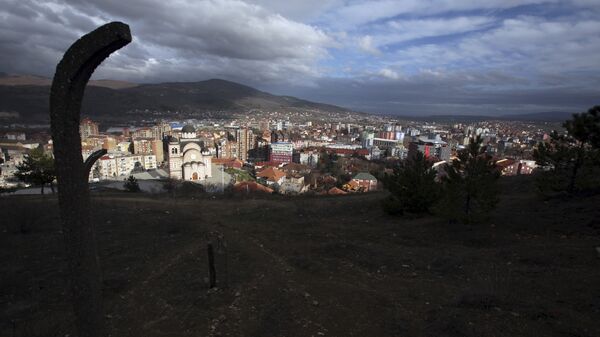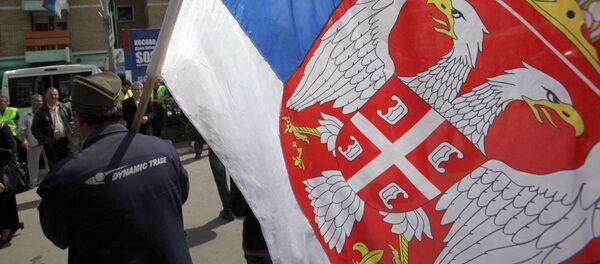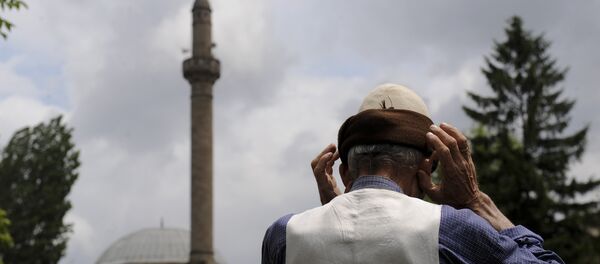Foreign Minister Ivica Dacic believes that partitioning Kosovo into Serbian and Albanian parts is the only possible way to resolve the long-running conflict.
He also insists that Pristina should make up for the loss of confiscated Serbian property.
He believes that this should include full-scale economic cooperation with Kosovo, discussing the special status of the ethnic Serbs living in Kosovo and negotiations about Kosovo’s membership of all international organizations except the UN.
The prominent Kosovo Serb politician Oliver Ivanovic believes that the “Cyprus model” of freezing the conflict pending a long-term solution to the problem would be the right way to go.
Liberal Democratic Party’s leader Cedomir Jovanovic proposes granting Kosovo UN membership.
He argues that Serbia would thus be able to deny recognition to its former southern province and would give future generations of Serbs a chance to recognize Kosovo “in a normal way.”
Meanwhile, the only proposal by Pristina came from Kosovo’s ambassador to the United States Vlora Citaku, who said that a compromise solution was found in 2008 when Kosovo unilaterally declared independence from Serbia.
“They say that where you have three Serbs you will have four parties. Albanians are different. They are obsessed with the idea of having a second country in addition to the one they got in 1913 – Albania. Some of them want a Kosovo Republic, others go for ‘Great Albania,’” Ivic said.
“What they really want, however, is to live away from Serbs. However Serbia has a constitution and UN Security Council Resolution 1243 which ways that Kosovo is an inalienable part of Serbs. This means that we need to tackle the Kosovo issue with a cool head and avoid rash decisions,” she emphasized.
Kosovo, which has a majority population of ethnic Albanians, declared independence from Serbia in 2008 after a bloody war and NATO intervention.
However Serbia has never recognized Kosovo's independence, considering the former province to still be a part of its territory, while Belgrade also supports the Serb minority living in Kosovo.
Ethnic Albanians make up 90 percent of Kosovo's 1.8 million inhabitants, while it's also home to around 50,000 Serbs.




